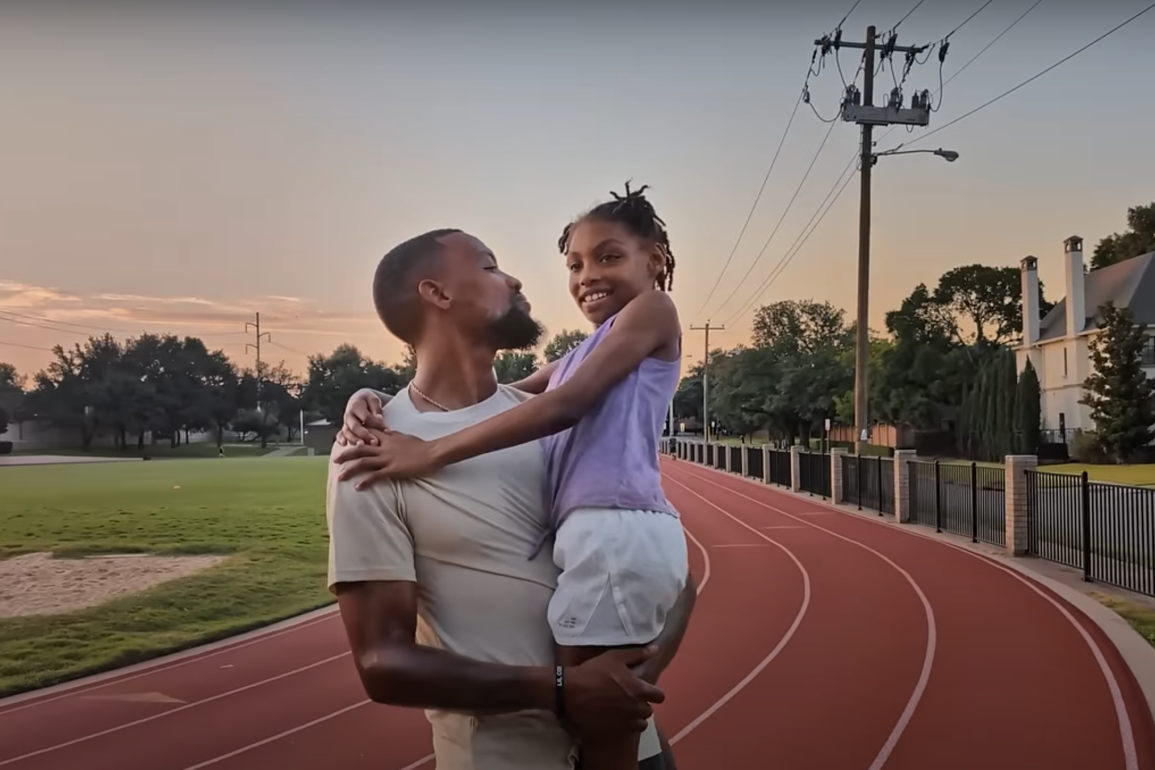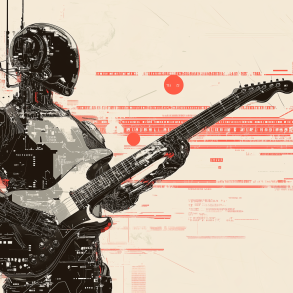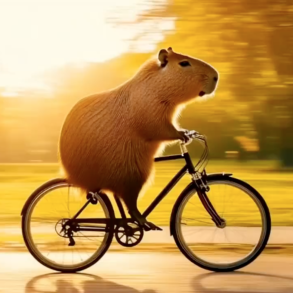The Ad Was Widely Criticized for Being Inauthentic and Out of Touch
Despite the hype from tech companies and investors around generative AI, cultural conversation is still expressing concern and frustration with the idea of the technology replacing human creativity and emotion. Google is the latest tech giant to face backlash after airing its “Dear Sydney” ad during the Olympics. This commercial showcased a father using Google’s AI tools to help his daughter express her admiration for U.S. Olympic hurdler Sydney McLaughlin-Levrone.
In the ad, the father employs Google’s AI overviews to search for “how to teach hurdle technique” and uses Google’s Gemini AI to draft a fan letter on his daughter’s behalf. The prompt suggests the daughter plans to break McLaughlin-Levrone’s world record one day. While this scenario may seem like a clever use of AI to some, it has sparked significant criticism.
Shelly Palmer, a professor of advanced media at Syracuse University’s S.I. Newhouse School of Public Communications, described the ad as “one of the most disturbing commercials I’ve ever seen,” adding,
I flatly reject the future that Google is advertising. I want to live in a culturally diverse world where billions of individuals use AI to amplify their human skills, not in a world where we are used by AI pretending to be human.”
Critics, including TechCrunch, NPR pop culture correspondent Linda Holmes, and The Washington Post’s Alexandra Petri, have expressed their disapproval, questioning the necessity and authenticity of AI-written fan letters. Many argued that AI should not replace a child’s creativity and genuine expression.
Google responded to the backlash by removing the ad from its Olympics rotation, acknowledging that “while the ad tested well before airing, given the feedback, we have decided to phase the ad out of our Olympics rotation.” A Google spokesperson further clarified that the company’s goal was to “create an authentic story celebrating Team USA,” emphasizing that AI can enhance human creativity but “can never replace it.”
This situation highlights broader concerns about AI’s role in society. While tech companies promote AI as a tool to streamline tasks and enhance human creativity, critics fear it could erode authentic human expression. The controversy underscores ongoing debates about the impact of AI on various creative fields, including music, visual arts, and writing.
Despite the backlash, tech companies continue to develop AI technologies capable of producing human-like content. Some creatives have raised alarms about AI potentially replacing their roles, an issue that played a significant part in last year’s Hollywood writers’ strike. Nonetheless, the industry continues to advance, creating tools that can generate new emojis, produce music, and even write stories.
As the discussion around AI’s role in creativity unfolds, many are rightly recognizing the need to push a future where AI supports and amplifies human talents – rather than overshadowing them. Google’s ad serves as a reminder of the risks tech companies face when they pursue the promise of a new product without remembering that is is real people who will use it.









